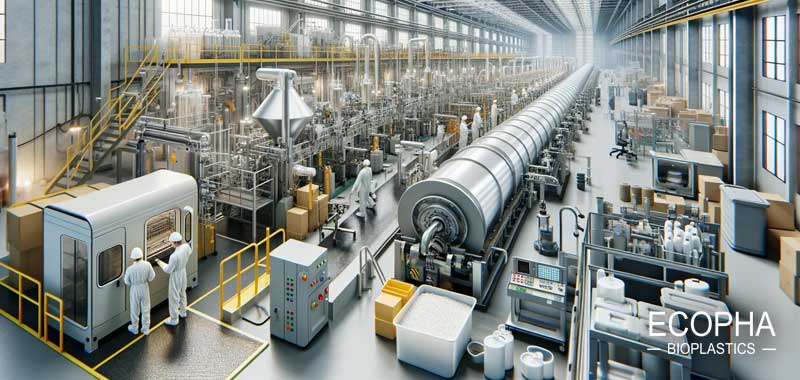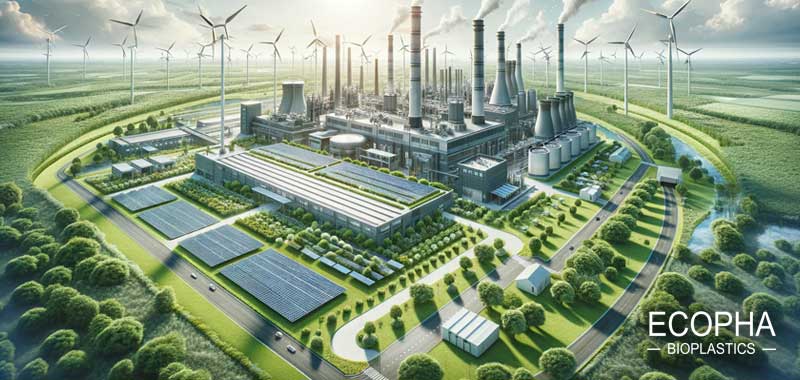Embracing the Future: The Innovative World of Bioplastics Products
Discover how Bioplastics Products are driving environmental change by offering sustainable, biodegradable alternatives to traditional plastics.
In the wake of escalating environmental concerns and a pressing need for sustainable solutions, the emergence of bioplastics has been a beacon of hope. As the planet grapples with the repercussions of plastic pollution and dwindling resources, Bioplastics Products introduces an innovative approach to material science that could redefine our relationship with everyday products.
Features Highlight
- Environmentally friendly alternatives to traditional plastics
- Made from renewable, biodegradable resources
- Diverse applications across multiple industries
Overview
- An insightful overview of Bioplastics Products, their role in the sustainable industry movement, and their growing importance in a world combating plastic pollution.
- This blog provides an in-depth look at their environmental benefits, applications, and how they are changing the conversation around plastics.
Advantages & Benefits
- Significantly reduces carbon footprint
- Helps in waste reduction and management
- Safe for the environment and often compostable
Bioplastics represent a pivotal shift in material science, offering a sustainable solution to reduce our ecological footprint. Derived from renewable resources, bioplastics products boast a smaller carbon footprint, are often biodegradable, and present a new avenue for recycling and waste management.
This blog explores the innovative world of bioplastics, from disposable aprons to compostable packaging films, and how they are revolutionizing industries with their eco-friendly properties.
FAQs
What exactly are bioplastics?
Bioplastics are made from natural materials like corn starch, sugarcane, and cellulose, offering an eco-friendly alternative to petroleum-based plastics.
Are bioplastics biodegradable?
Yes, most bioplastics are designed to be biodegradable and compostable, decomposing naturally without harming the environment.
How do bioplastics contribute to sustainability?
Bioplastics reduce dependence on fossil fuels, lower greenhouse gas emissions, and offer better waste management options.
Can bioplastics replace all traditional plastics?
While bioplastics are versatile, there are ongoing developments to broaden their application to match the performance of traditional plastics in all areas.


















